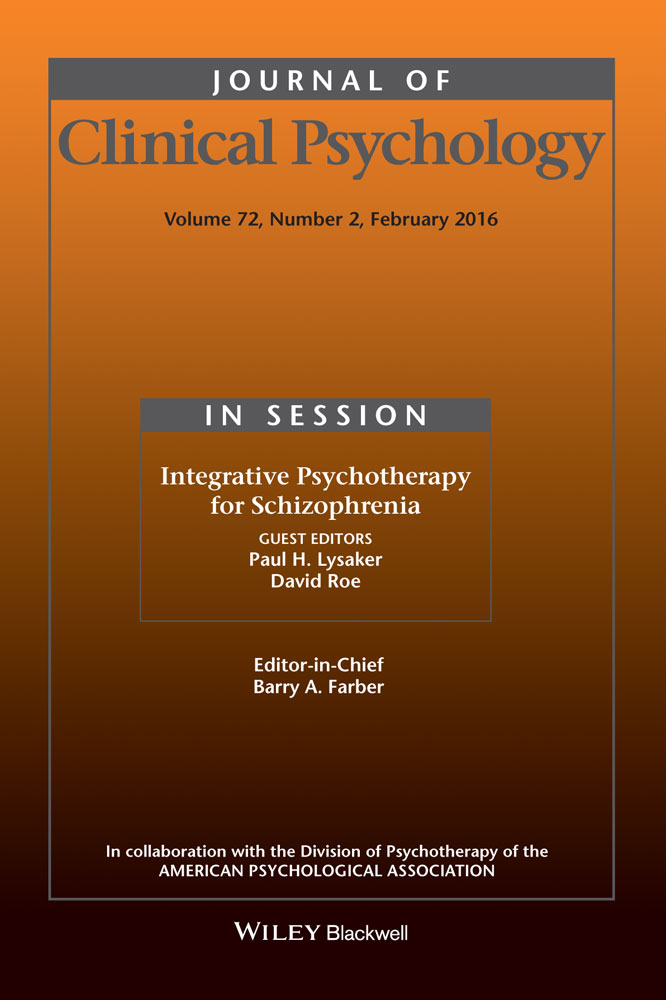Metacognitive Reflection and Insight Therapy (MERIT) With a Patient With Severe Symptoms of Disorganization
Abstract
One recent development within the realm of psychotherapeutic interventions for schizophrenia has been a shift in focus from symptom management to consideration of metacognition, or the processes by which people synthesize information about themselves and others in an integrated manner. One such approach, metacognitive reflection and insight therapy (MERIT); in particular, offers a description of 8 therapeutic activities that should occur in each session, resulting in the stimulation and growth of metacognitive capacity. In this report, we present a description of 12 sessions with a patient suffering from schizophrenia manifesting significantly disorganized symptoms. Each MERIT element is described along with observed clinical and metacognitive gains. As illustrated in this report, these procedures helped the patient move from a state of having no complex ideas about himself or others, to one in which he could begin to develop integrated and realistic ideas about himself and others and use that capacity to think about life challenges.




